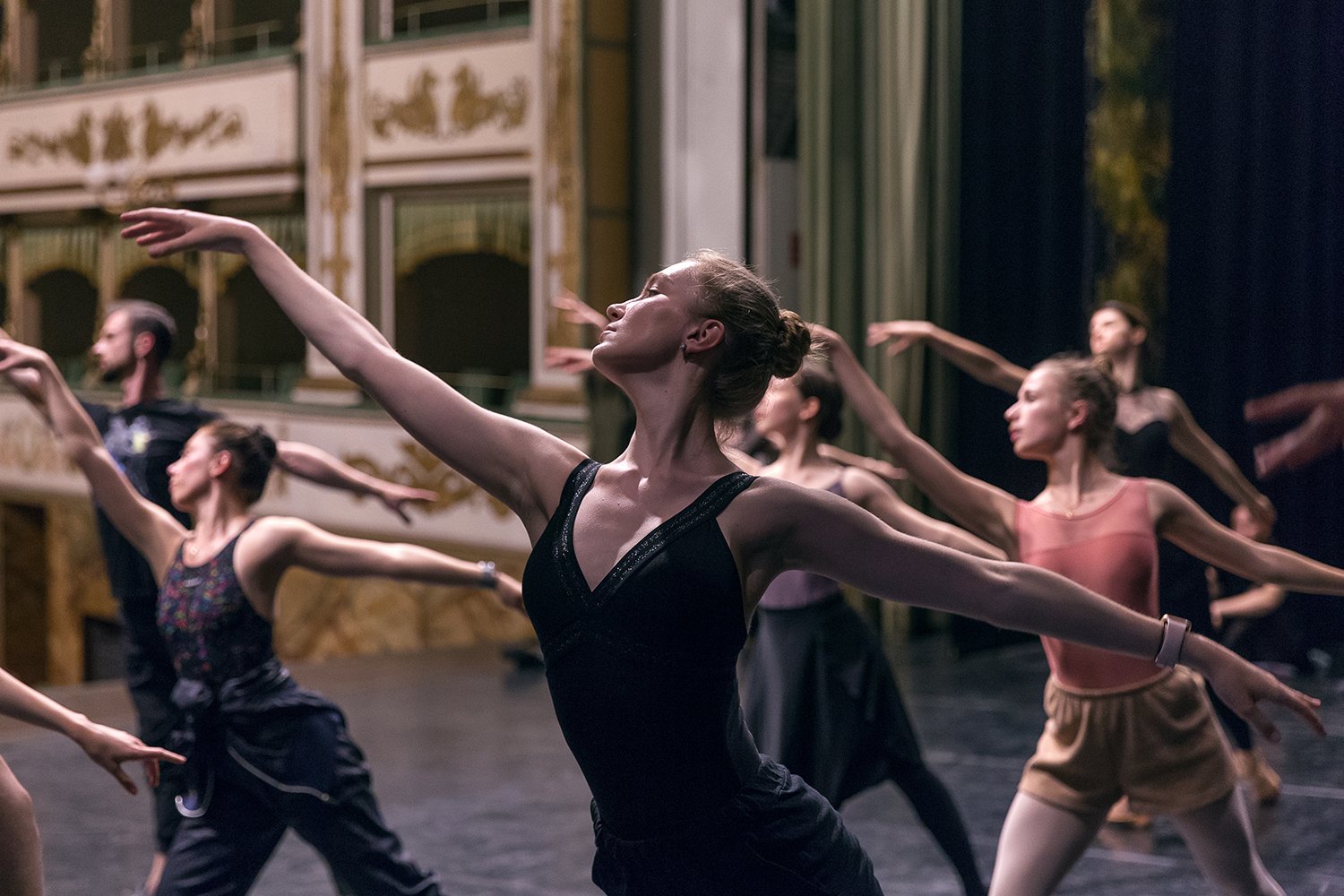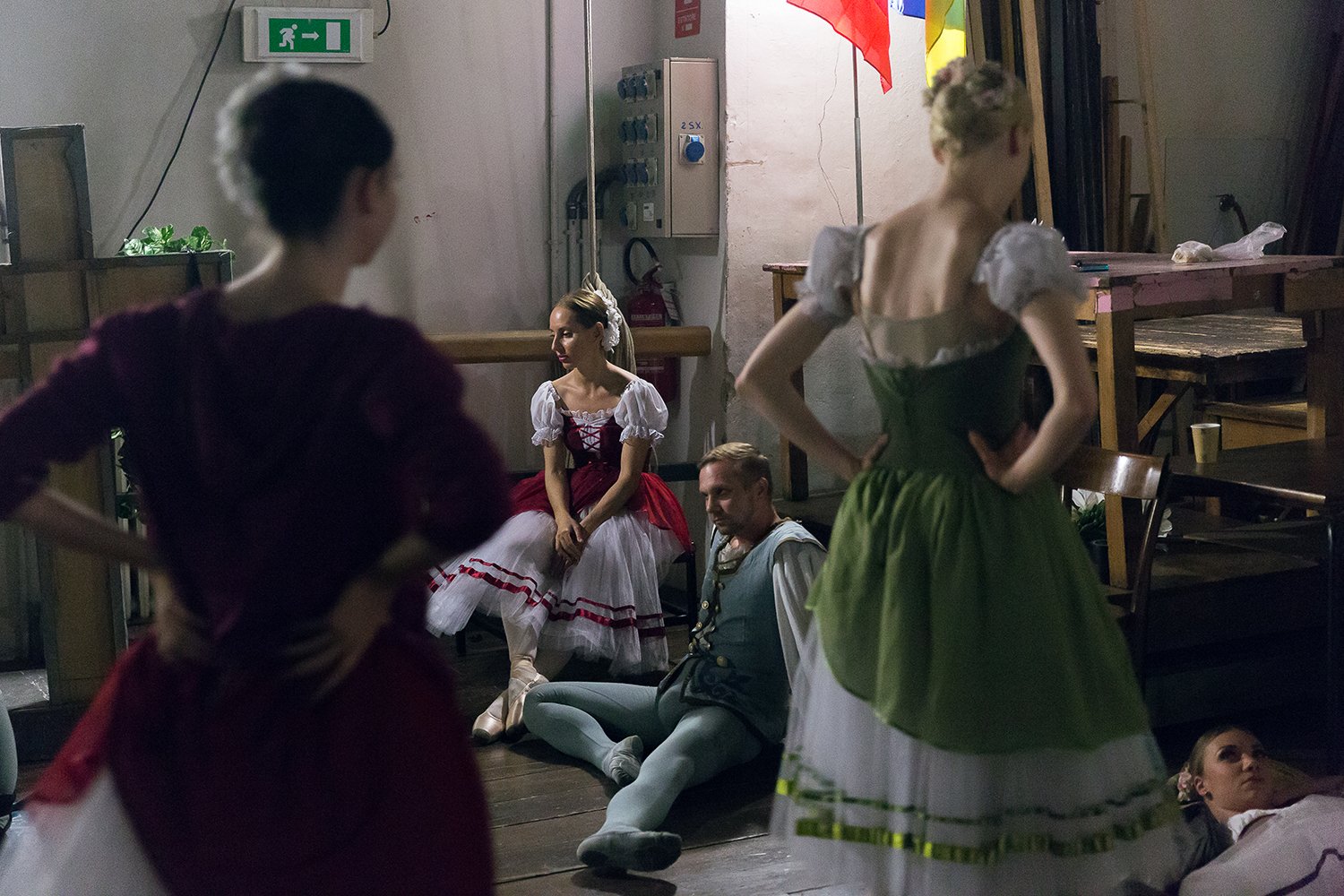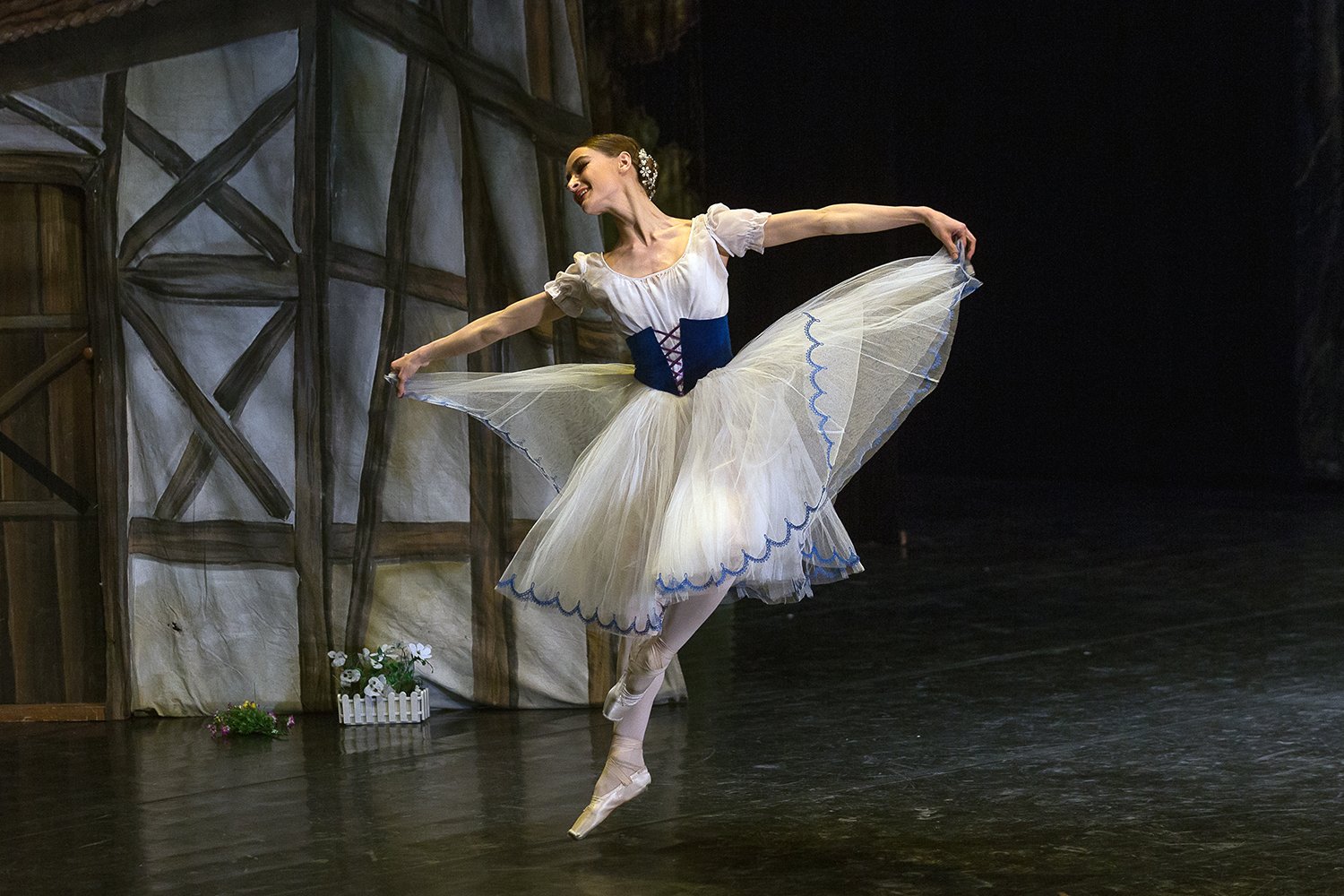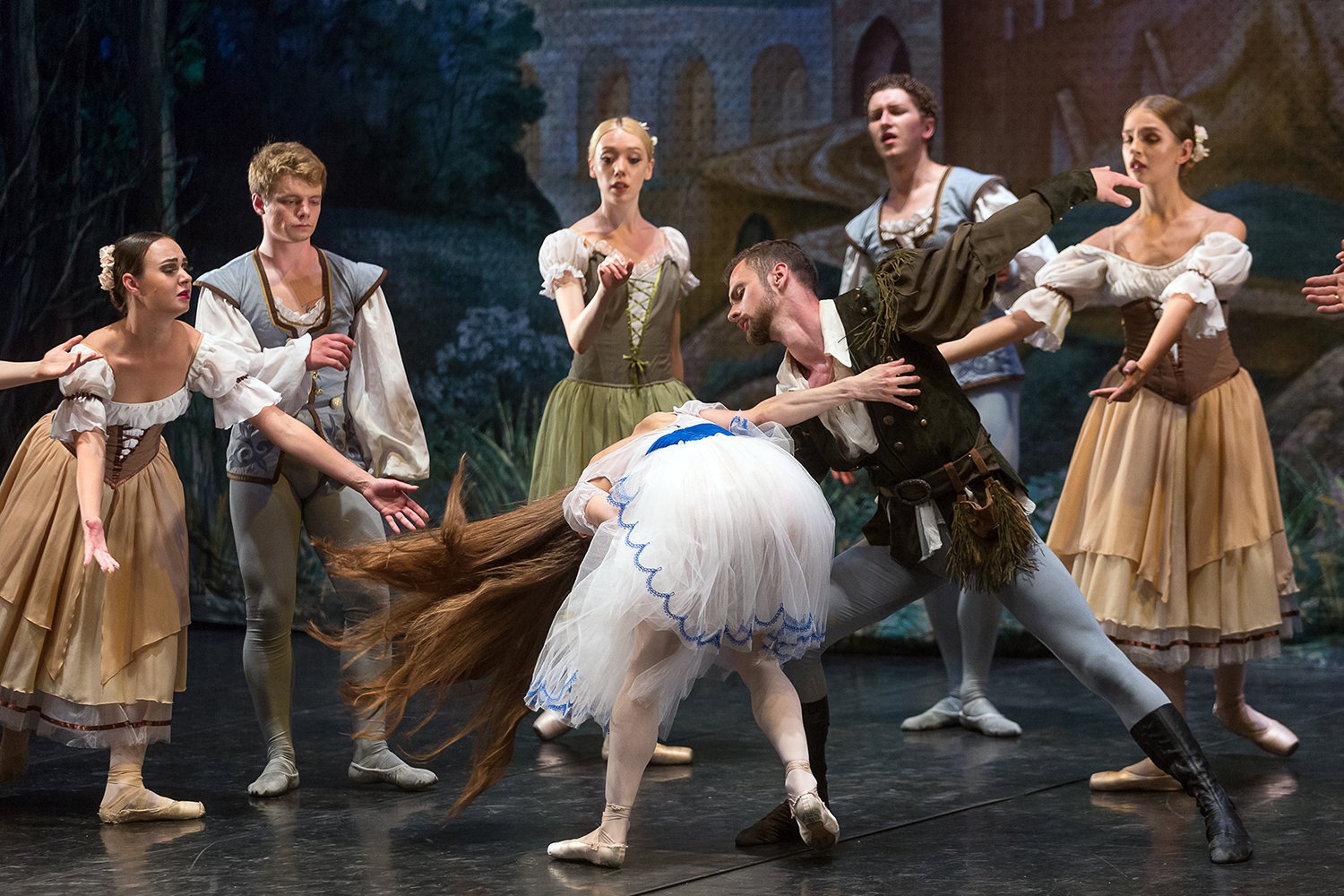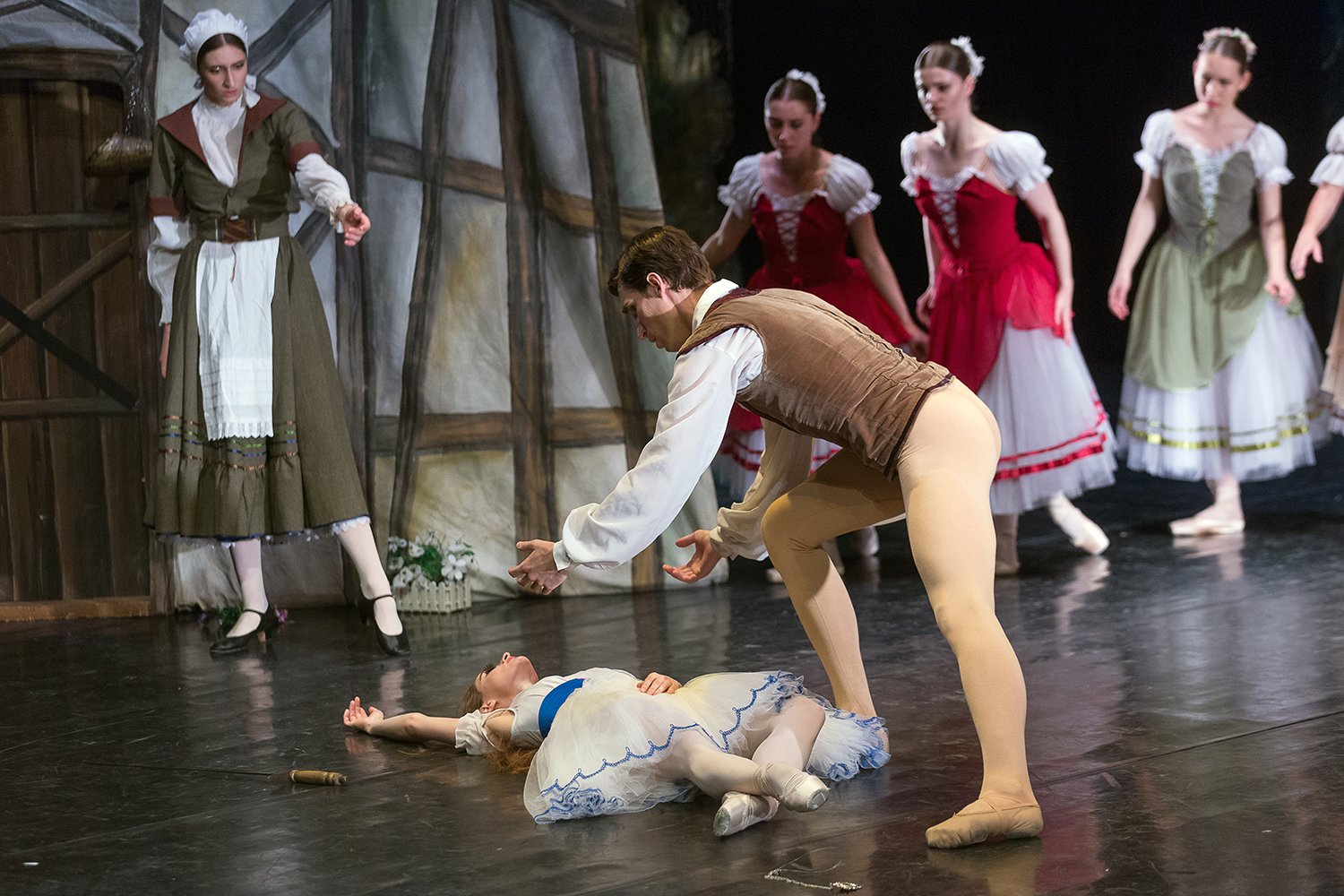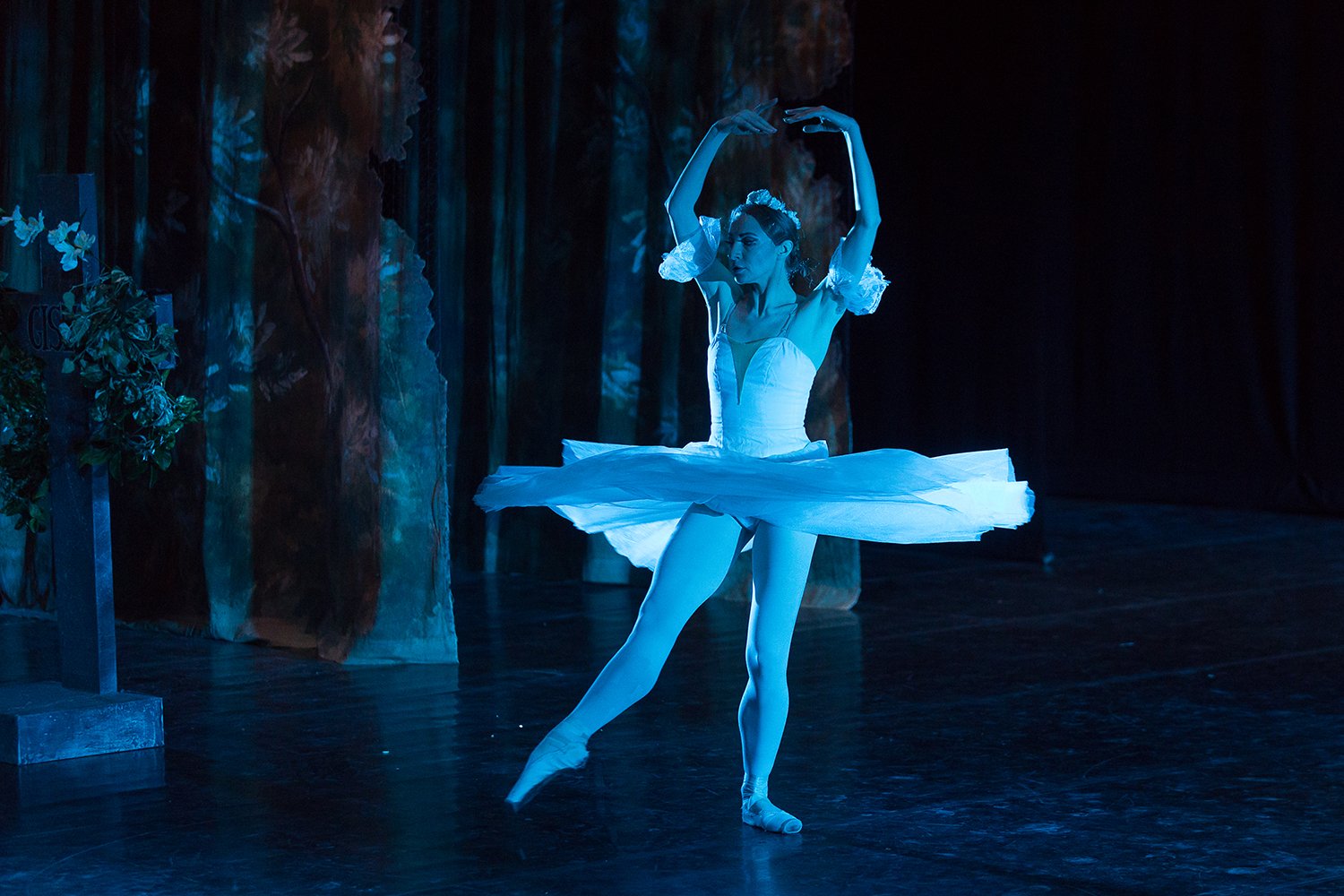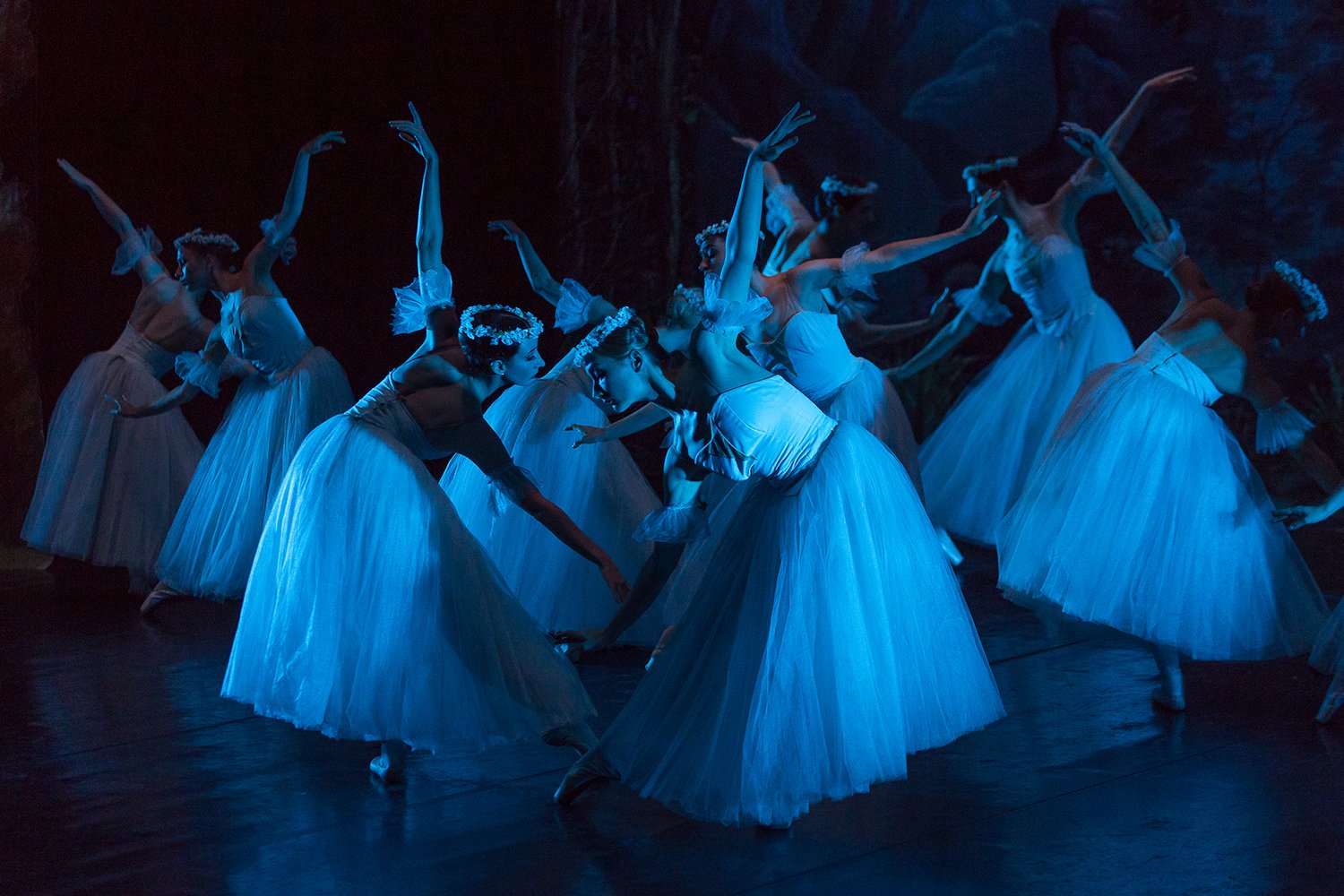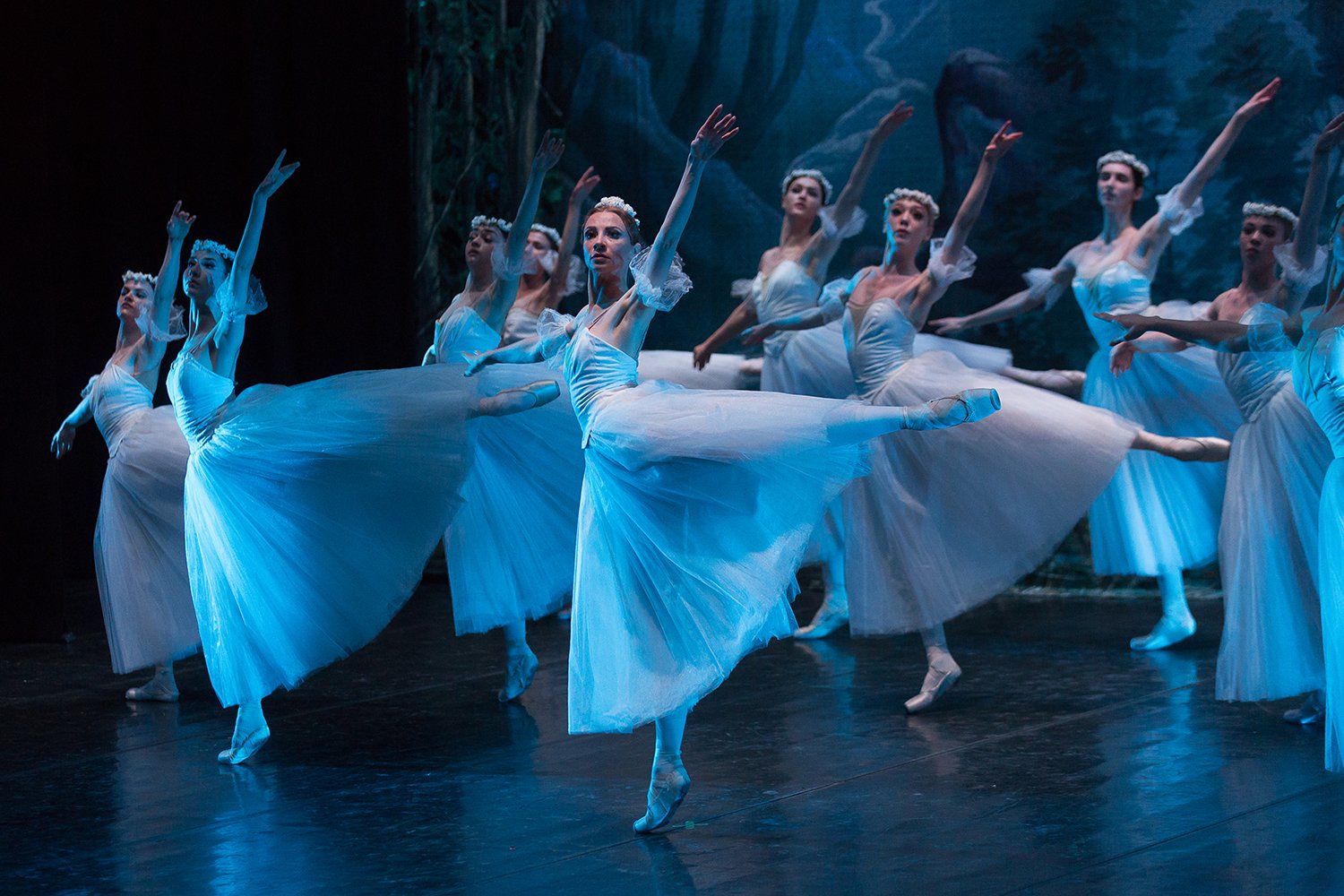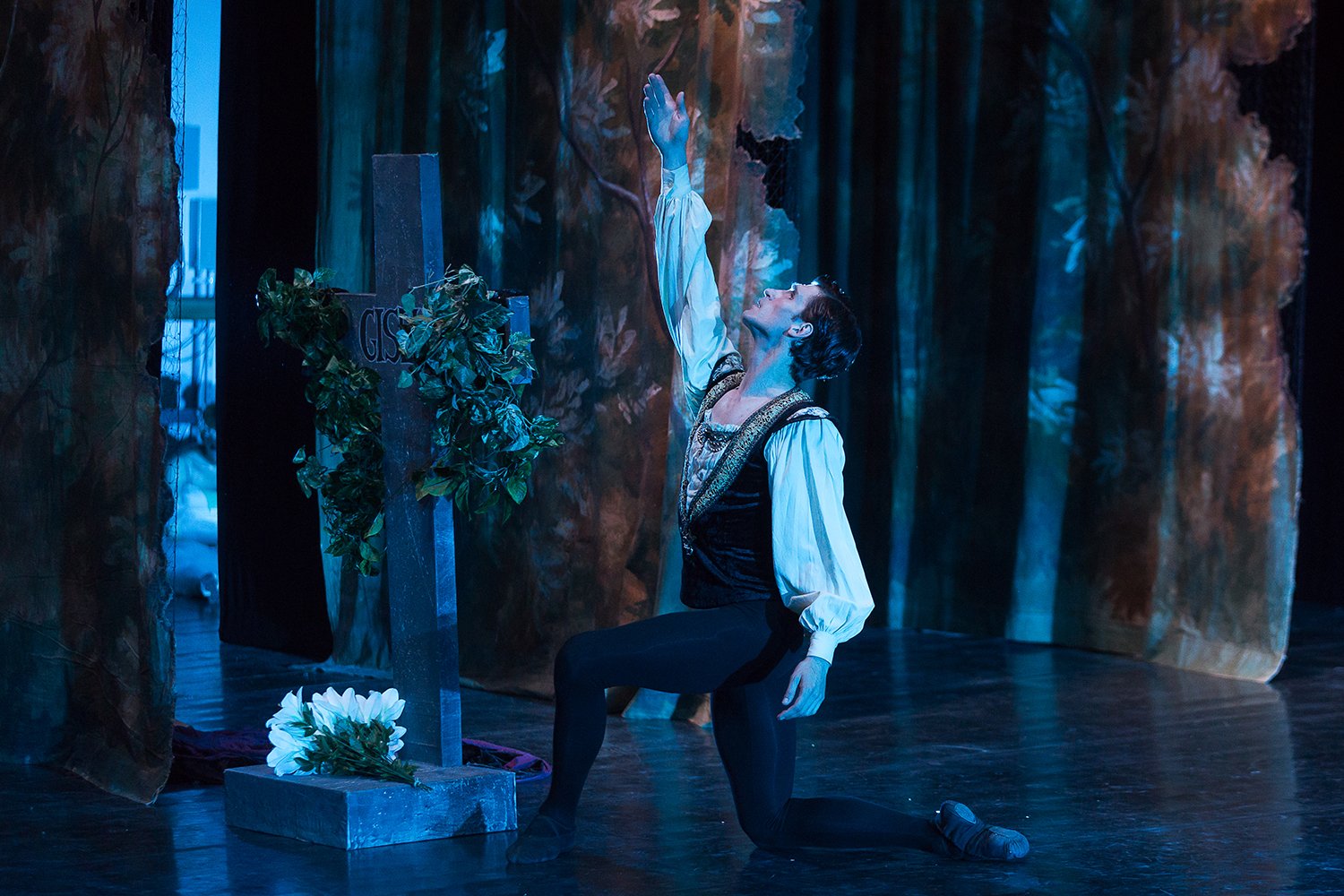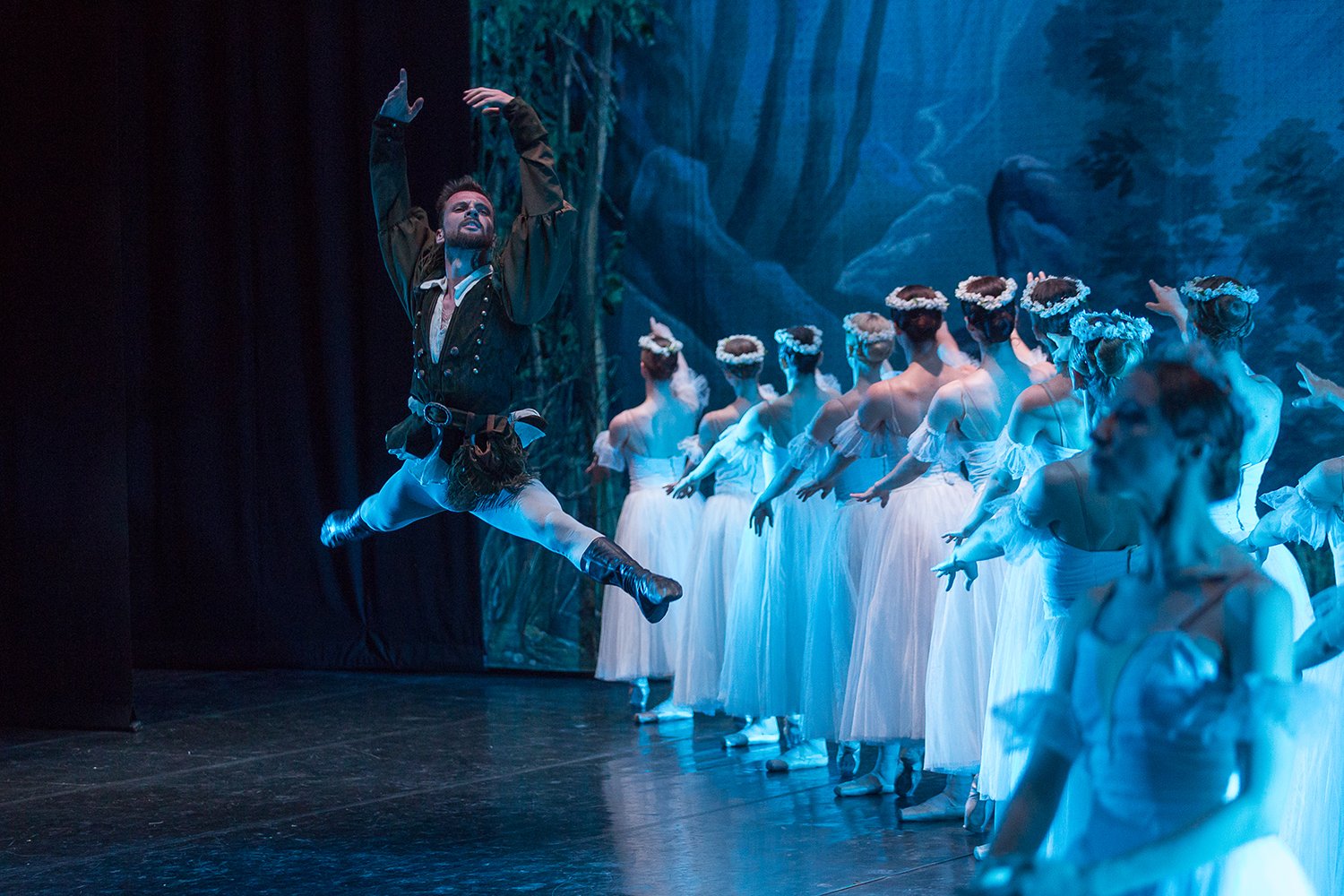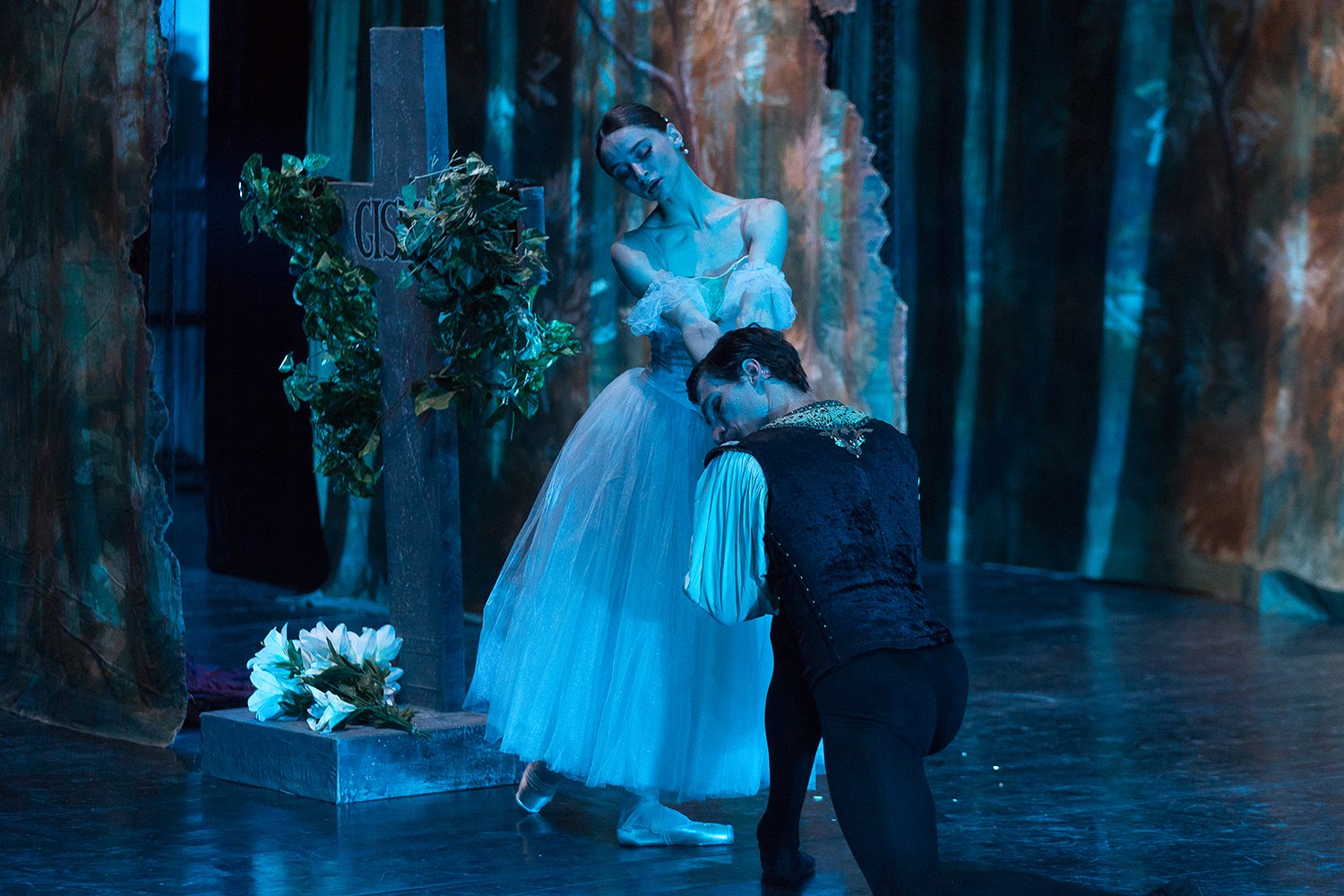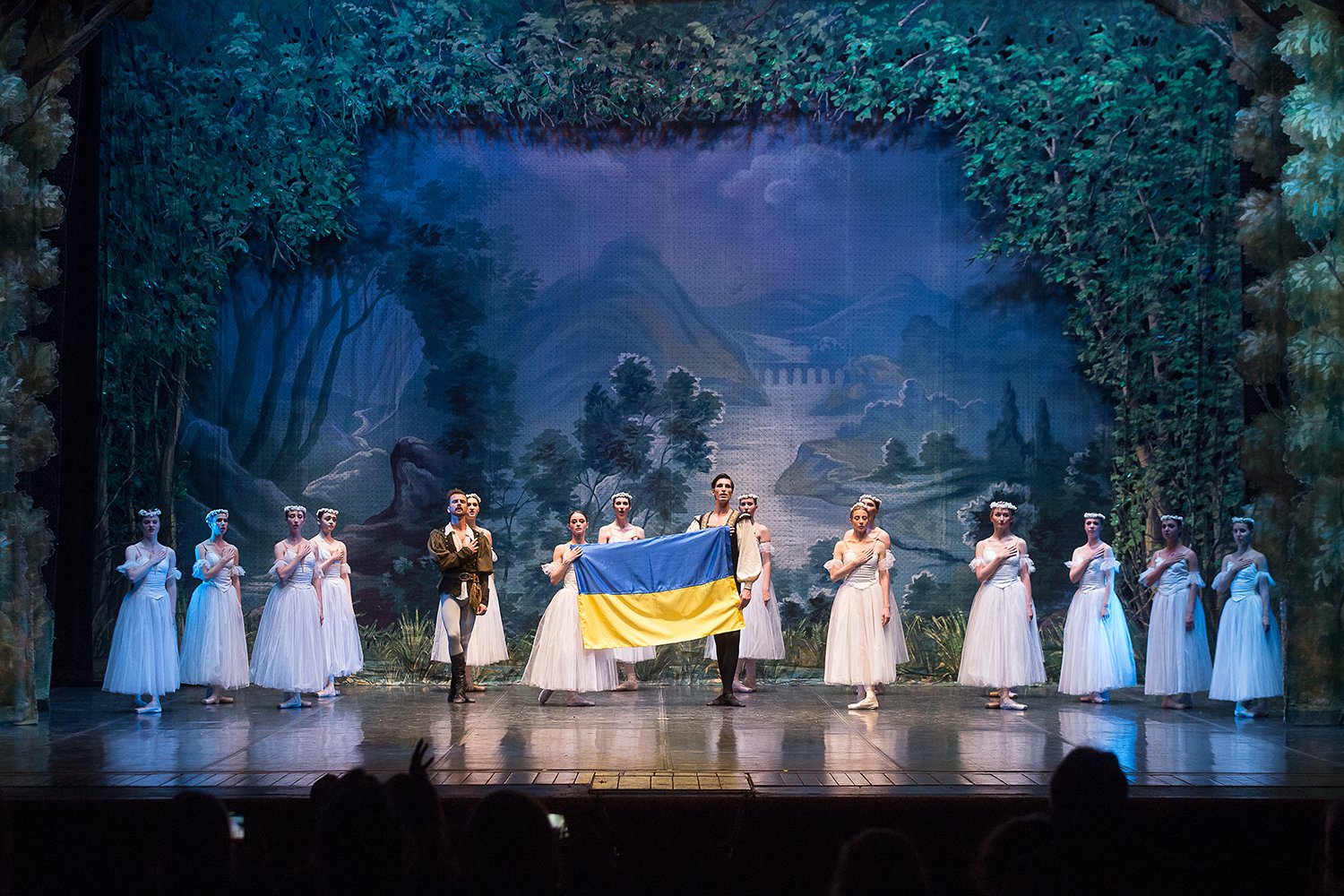(english below)
Forse non sarà necessario attendere che le immagini e i video generati con l'intelligenza artificiale sommergano le fotografie e i video di documentazione, per alterare in modo irreparabile la narrazione/rappresentazione della realtà.
Già oggi le persone sono estremamente polarizzate e ogni elemento o notizia che ricevono viene digerita, modellata e subito sputata fuori per combaciare con la propria visione delle cose.
Prendiamo l'attentato al Crocus City Hall di Mosca.
Nell'istante in cui è uscita la notizia — quando ancora l'attentato era in corso e non si avevano abbastanza informazioni per comprendere cosa stava succedendo — chi già aveva una certa posizione ha stabilito che dietro c'erano gli USA e/o l'Ucraina.
Quando, poi, è uscita la rivendicazione dell'ISIS, ha stabilito che il mandante erano gli USA e/o l'Ucraina.
Quando i terroristi sono stati arrestati a poca distanza dal confine ucraino e bielorusso, ha deciso che stavano fuggendo in Ucraina.
E quando Lukashenko ha detto che hanno tentato di entrare in Bielorussia, ha pensato che avessero sbagliato strada.
Chi invece aveva la posizione opposta, ha creduto alla rivendicazione dell'ISIS e all'estraneità degli ucraini.
Ha bollato i sospetti russi verso gli ucraini come propaganda finalizzata ad accrescere l'odio dei russi verso gli ucraini.
Ha pensato che i terroristi stessero fuggendo in Bielorussia perché il confine ucraino è pieno di militari russi che lo sorvegliano.
E così via.
E per fare questo non sono serviti fotografie o video generati con l'IA.
A volte diventiamo le cose che sosteniamo pubblicamente, sui social network, e anche se, ad un certo punto, dovesse sfiorarci il dubbio, continuiamo a difenderle perché ormai la strada è stata tracciata.
Il "forse", il "non lo so" e il "mi sono sbagliato" sono diventati sintomi di debolezza.
Questo approccio così ottuso — che esclude il dubbio perché richiederebbe una sospensione sull'interpretazione dei fatti e della realtà e quindi il non poter prendere posizione sui social network, di fatto scomparendo nel silenzio dei prudenti — si ripete ogni giorno per decine di notizie e non può che portare ad una sorta di torre di Babele in cui nessuno capisce più l'altro se non ha una visione del mondo che combacia completamente.
Perhaps it will not be necessary to wait for artificial intelligence-generated images and videos to overwhelm photographs and documentation videos to irreparably alter the narrative/presentation of reality.
Already today, people are extremely polarised and every item or piece of news they receive is digested, shaped and immediately spat out to fit their own view of things.
Take for example the attack on Crocus City Hall in Moscow.
The instant the news came out — when the bombing was still in progress and not enough information was available to understand what was going on — those who already had a certain position established that it was the work of the US and/or Ukraine.
When, then, the ISIS claim came out, they established that the US and/or Ukraine were behind it.
When the terrorists were arrested a short distance from the Ukrainian and Belarusian borders, they decided they were fleeing to Ukraine.
And when Lukashenko said they tried to enter Belarus, they thought the terrorists had taken a wrong turn.
Those who took the opposite position believed the ISIS claim and the extraneousness of the Ukrainians.
They branded Russian suspicions of Ukrainians as propaganda aimed at increasing Russian hatred of Ukrainians.
They thought the terrorists were fleeing to Belarus because the Ukrainian border is full of Russian soldiers guarding it.
And so on.
And to do this we did not need AI-generated photographs and videos.
Sometimes we become the things that we publicly support, on social networks, and even if, at some point, doubt should touch us, we continue to defend them because by now the path has been traced.
The 'maybe', the 'I don't know' and the 'I was wrong' have become symptoms of weakness.
This obtuse approach — which excludes doubt because it would require suspending the interpretation of facts and reality and therefore not being able to take a position on social networks, in fact disappearing into the silence of the doubters — is repeated every day for dozens of news items and can only lead to a sort of tower of Babel in which no one understands the other anymore if they do not have a completely matching worldview.
